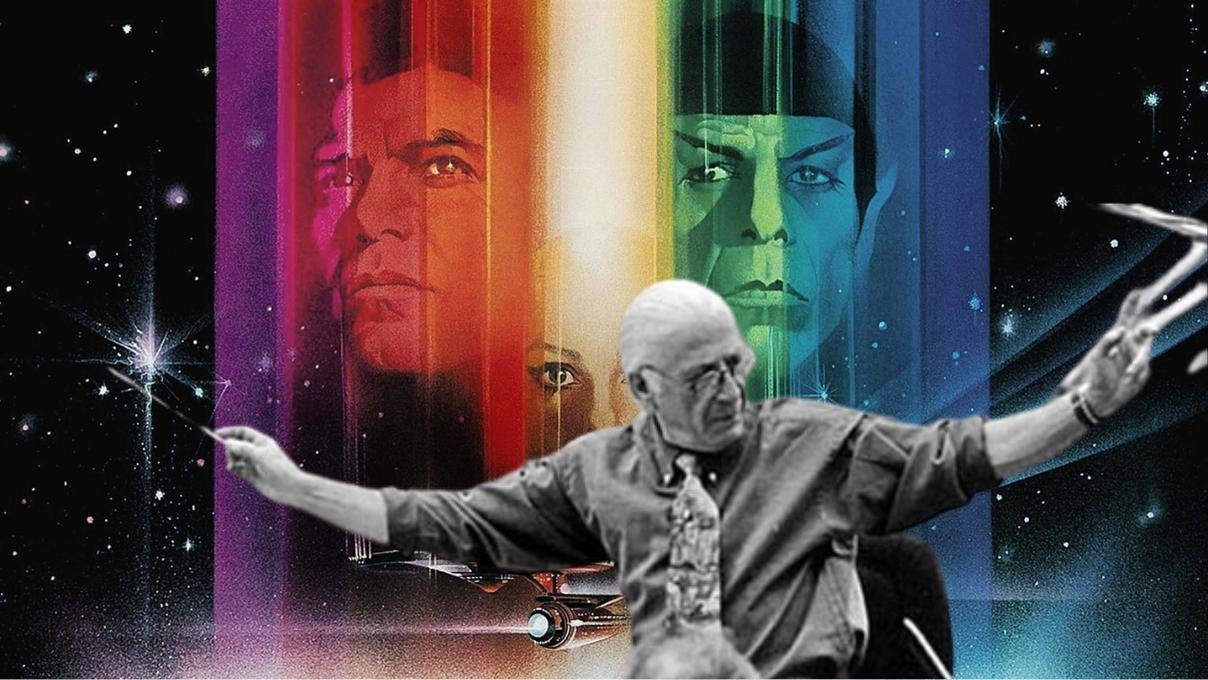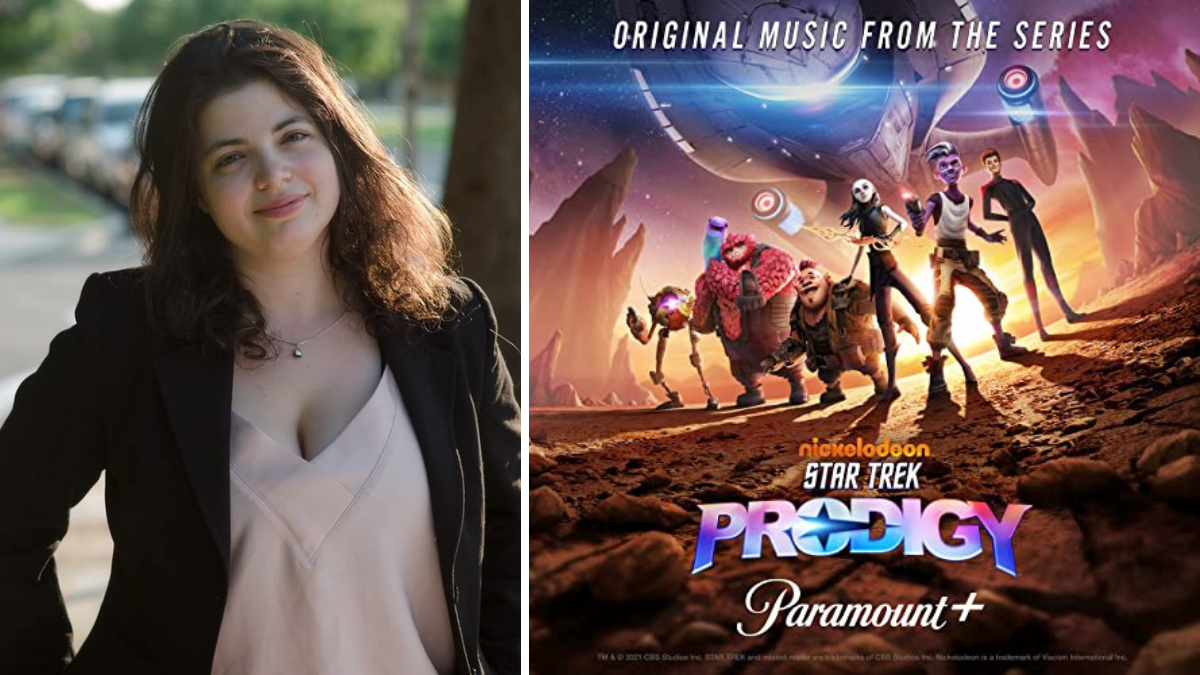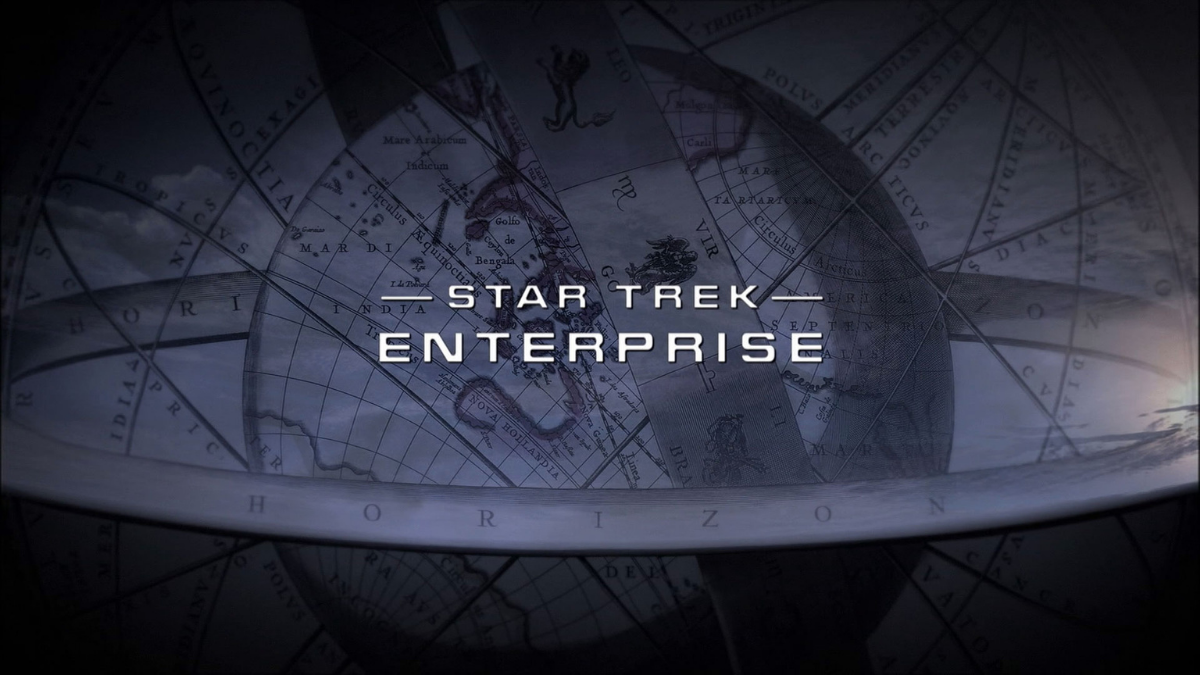Today in Star Trek History: A Score Is Born

Image: Paramount.
MARCH 24, 2023 – “The City on the Edge of Forever” is an episode with some back story, to say the least. For today’s look into Star Trek history, though, we’re only going to mention Harlan Ellison in order to say that we’re not going to mention Harlan Ellison.
It was on March 24, 1967, that the score for “The City on the Edge of Forever” was recorded. The episode aired the following April 6, and although you wouldn’t know it from the end credits, Fred Steiner had composed parts of it specifically for the episode. He also conducted the recording session, which was the case for all the Star Trek composers.
According to a chapter by Steiner in Wonderful Inventions: Motion Pictures, Broadcasting, and Recorded Sound at the Library of Congress, edited by Iris Newsom, the music in Star Trek: The Original Series consisted of three types: entirely or mostly new music; partial scores, with some new and some tracked music; and scores that are all tracked music – cues that appear in multiple episodes. “The City on the Edge of Forever” was a case of a partial score. (The episode also contained an original recording by Ray Noble of “Goodnight Sweetheart.”) Steiner cites episodes that “presented unique scoring problems,” one of which was “’The City on the Edge of Forever,’ whose locale is New York City in the 1930s, and for which I wrote about eight and a half minutes of period music. (The rest of the score was tracked.)” He was not credited for his music at the end of the episode.
There were four ways that composers were acknowledged in Star Trek: Music Composed and Conducted by…; Additional Music Composed and Conducted by…; Additional Music by…; and Theme Music by Alexander Courage. These types of credits and their meanings were used throughout the television industry, but, according to Steiner, they were used inconsistently and sometimes misleadingly on Star Trek. “The City on the Edge of Forever” is one example. Steiner says the episode is one “for which I composed several minutes of new music, but which is basically a tracked score. It should have received [an Additional Music Composed and Conducted by…] credit, but instead shows a [Music Composed and Conducted by… credit], citing Courage as composer and conductor (presumably because his music comprises at least 50 percent of the tracked portion of the score).”
Among the eight composers who worked on TOS, Steiner credits himself for providing music for “eleven episodes, library cues, plus the Flag Music for ‘The Omega Glory.’” It was on this day in Star Trek history, though, when he recorded the score for one of the most popular episodes in the franchise.
For more insights from composer Fred Steiner, you can read his chapter in the book cited above, “Music for Star Trek: Scoring a Television Show in the Sixties.”
By the way, if you’re not currently a Paramount+ subscriber, we’ve got a special deal for you. Click through the link below and, when signing up for the service, enter the promo code PICARD for 1 month free! Offer ends on 4/30/23.
David is a contributing writer for Daily Star Trek News on the Roddenberry Podcast Network. He is a librarian, baseball fan, and book and movie buff. He has also written for American Libraries and Skeptical Inquirer. David also enjoys diverse music, but leans toward classical and jazz. He plays a mean radio.






